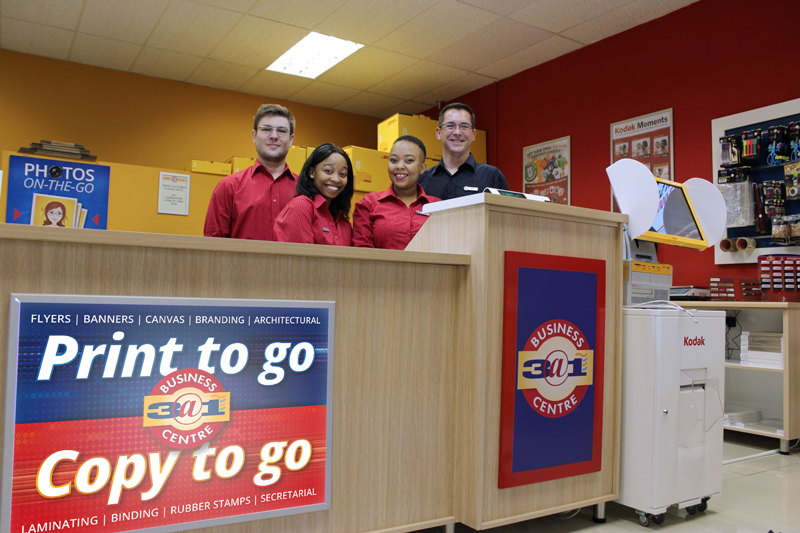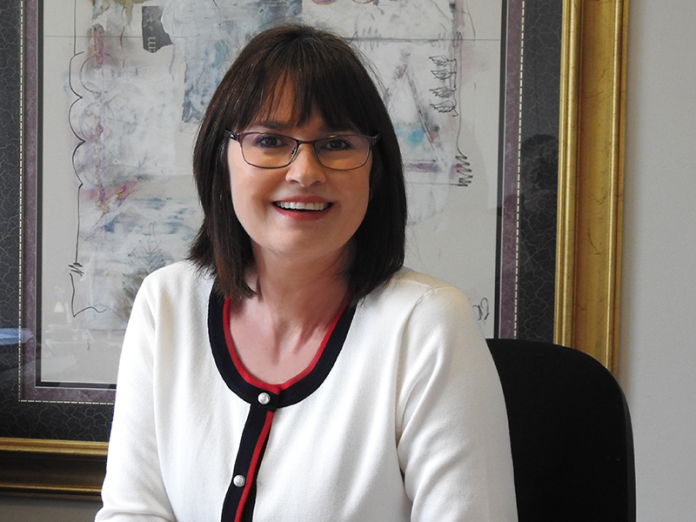By Belinda Dunn, Franchise Director, at 3@1 Business Centres
Collectively, women entrepreneurs operate differently to their male counterparts. Their lower employment numbers and growth aspirations have historically led to questions of how to “fix” them. But different doesn’t mean deficient — or underperforming.
The economic revolution of European women’s economic empowerment stretches as far back as the 19th century when men went off to fight the war and women, whether they were equipped or not, wanted to or not, were forced to develop new and different skills, know-how and aptitude to take on tasks that didn’t fit their traditional roles and stereotypes.
The battle of the sexes ensued particularly after World War II, when men came home expecting to resume their power and positions, roles and responsibilities in families and business, but many of which now formed part of the identity of post-war women, everywhere. With the advent of commercial contraception and fertility control, women gained vast freedom and power to pursue goals they only dreamt of previously. Over the last decade or so, the break-away has been all the more volatile.
Gender inequality comes at a significant cost
Gender inequality remains an issue in the Sub-Saharan Africa region and progress is much slower than internationally. Much of the gender inequality in developing countries is caused by the prevalence of cultural norms that favour men. Gender inequality, however, comes at a significant economic cost as it hinders productivity and economic growth globally. In depressed economies and third-world countries, women are often restricted in where and how they can work.
Easing the transition into business
Today, women have the capability to match men in many ways, and some business models make it easier for them to do so than others. The world of franchising, for example, offers most of the skills required to open and grow a business, which are the same for men and women. Female franchisees have access to the same educational tools, environments, community support, government funding and big business backing, as well as opportunities to become successful entrepreneurs. An established and trusted franchised set-up can make the transition into business much more manageable, enjoyable and safer for women.
In some spheres of business, like communications and nurturing roles, women are considered better suited. The 3@1 Business Centres franchise opportunity harnesses these attributes to provide a fulfilling environment to thrive in. The small complement of staff makes for an intimate workplace. For over 20 years 3@1 Franchising has welcomed females with wide ranges of talents, skills and interests to our group, from homemakers, teachers, secretaries to attorneys, bookkeepers, engineers, and even farmers.
“We find women operators tend to be more collaborative, and more willing to share resources, pool their power and assist one another.”
Women operators use their collaborative skills
We find women operators tend to be more collaborative, for one. Compared to men, they are willing to share resources, pool their power and assist one another. About 45% of our more than 80 franchise operators in South Africa, Zambia, Uganda, Namibia, and soon in Mauritius are female operators, and a further 30% operate with their partners.
The dynamic 3@1 business model
3@1 Business Centre Franchising offers women entrepreneurial flexibility, an easy-to-operate business model, helps franchisees to use technology to deliver simple, easy and fast retail print, courier, photographic and secretarial services, corporate gift and branding solutions to consumers, other retail tenants, centre managements and surrounding businesses.
The entrepreneurial approach of South African born and bred 3@1 franchising, allows women to creatively market and mould their 3@1 business their way. 3@1 represents the future in virtual stores, offering multi-tiered retail and online service approach. Due to great connectivity; productivity in business will only increase, particularly as we welcome 5G which will revolutionise the communications industry over the next two years. Access to and ease-of-use of technology has made it possible for females to manage or at least oversee her business virtually when operating in other roles ensuring efficiency and productivity.
Capitalise on existing tactics and know-how
Since 1999, we at 3@1 continually adapt our broad retail print, courier and photographic range of services to ensure our outlets are the most attractive looking stores in the industry. As franchisor we provide excellent tools and know how to develop our franchisees’ businesses to deliver the highest profit possible. We equip our franchisees so that they can harness electronic media to the fullest extent, draw the right customer into their 3@1 shop, and capitalise on this knowledge to build a strong database.
Entrepreneurial activity creates growth, prosperity and solutions for social problems. And today’s trends show that women are set to become even more of a driving force of entrepreneurial growth globally. Franchising is simply the right tool to provide women everywhere with the opportunity to fulfil all their business aspirations alongside their roles as wives and mothers.
Take control of your future! Visit www.3at1.co.za for more information.





